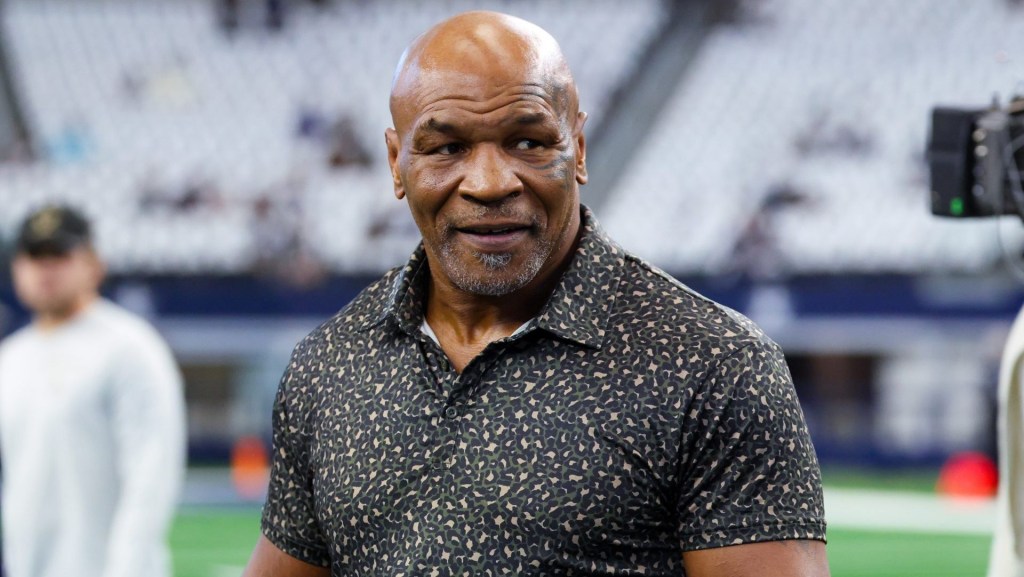A second federal lawsuit filed on behalf of FTX investors lists the same high-profile defendants from Tom Brady to Shohei Ohtani — although the latest complaint takes a different tactic.
The civil complaint filed in U.S. District Court for the Southern District of Florida on Monday states that defendants’ potential “caveat emptor” defense — the Latin turn for buyer beware — isn’t applicable for those who lost billions when FTX went bankrupt earlier this month, and that the paid endorsers should be held to account.
“Although [the] defendants disclosed their partnerships with the FTX entities, they have never disclosed the nature, scope, and amount of compensation they personally received in exchange for the promotion of the deceptive FTX platform,” the lawsuit states.
Famed attorney David Boies — whose firm was also behind the first FTX lawsuit that seeks class action status — wrote in the lawsuit that the “SEC has explained that a failure to disclose this information would be a violation of the anti-touting provisions of the federal securities laws.
“Moreover, none of these defendants performed any due diligence prior to marketing these FTX products to the public,” Boies and the other attorneys representing the lead plaintiff Sunil Kavuri wrote in the filing. Kavuri is a U.K. resident who relied on the paid endorsers’ alleged “misrepresentations and omissions” when he purchased crypto assets on FTX.
The lawsuit’s other defendants — like the first — also include FTX founder and CEO Sam Bankman-Fried, model Gisele Bundchen, Hall of Famer David Ortiz, the Golden State Warriors, Warriors star Steph Curry, NBA legend and TNT co-host Shaquille O’Neal, the Miami Heat’s Udonis Haslem, Jaguars quarterback Trevor Lawrence, four-time Grand Slam singles champ Naomi Osaka, actor Larry David, and “Shark Tank” investor Kevin O’Leary.
Beyond possible violations of U.S. law, the lawsuit also seeks to establish the endorsers ran afoul of Florida’s consumer protection statutes. The lawsuit seeks restitution from the endorsers, an injunction that would prevent the endorsers from “continuing those unlawful practices” along with unspecified damages.
“This action seeks to hold defendants responsible for the many billions of dollars in damages they caused [the] plaintiff and the [proposed] class and to force defendants to make them whole,” the lawsuit states.
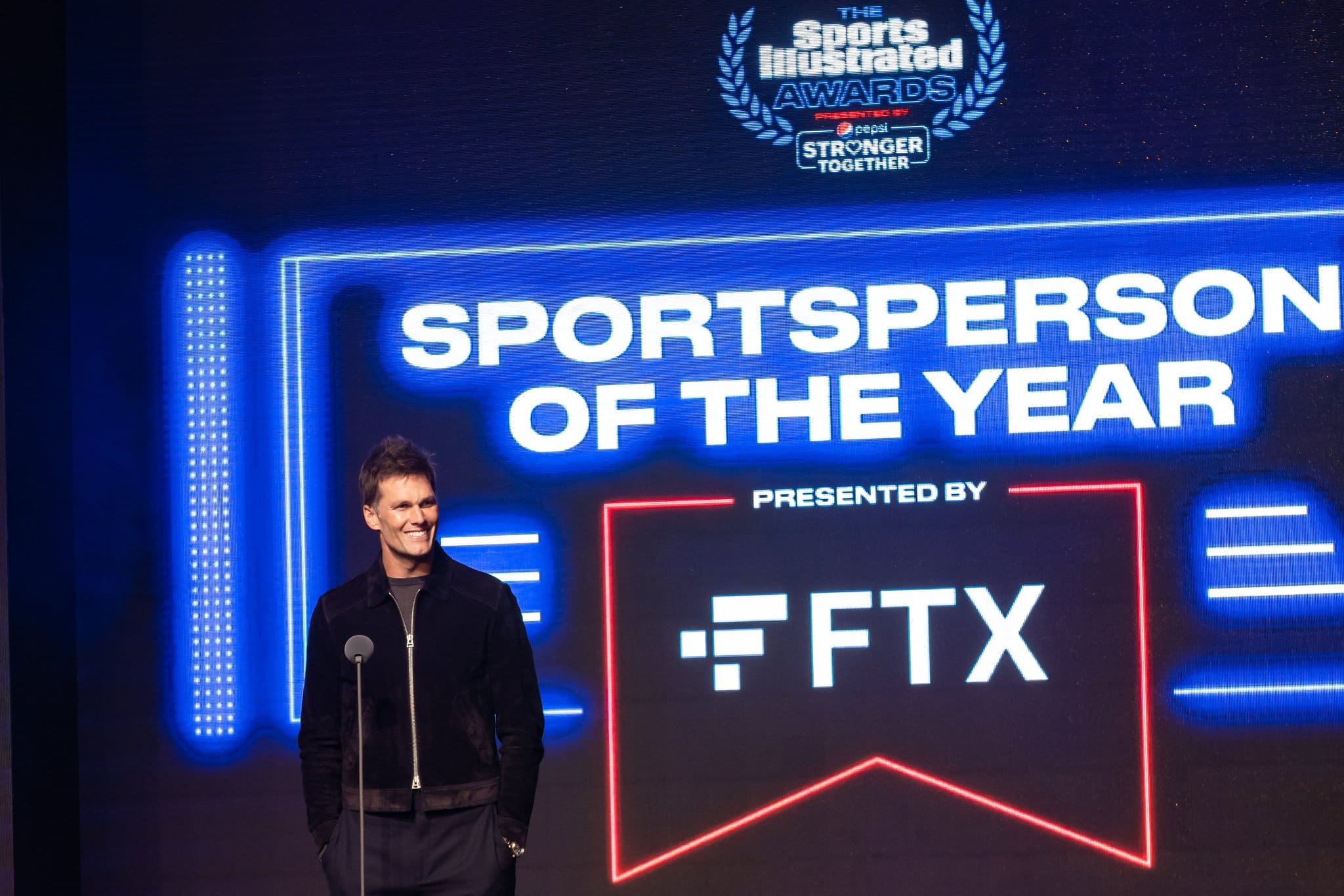

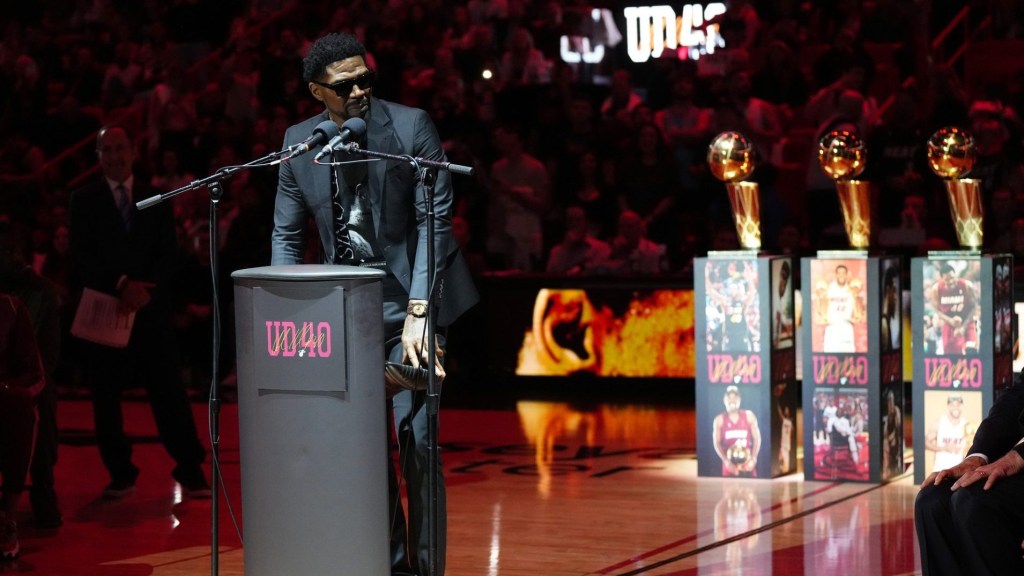
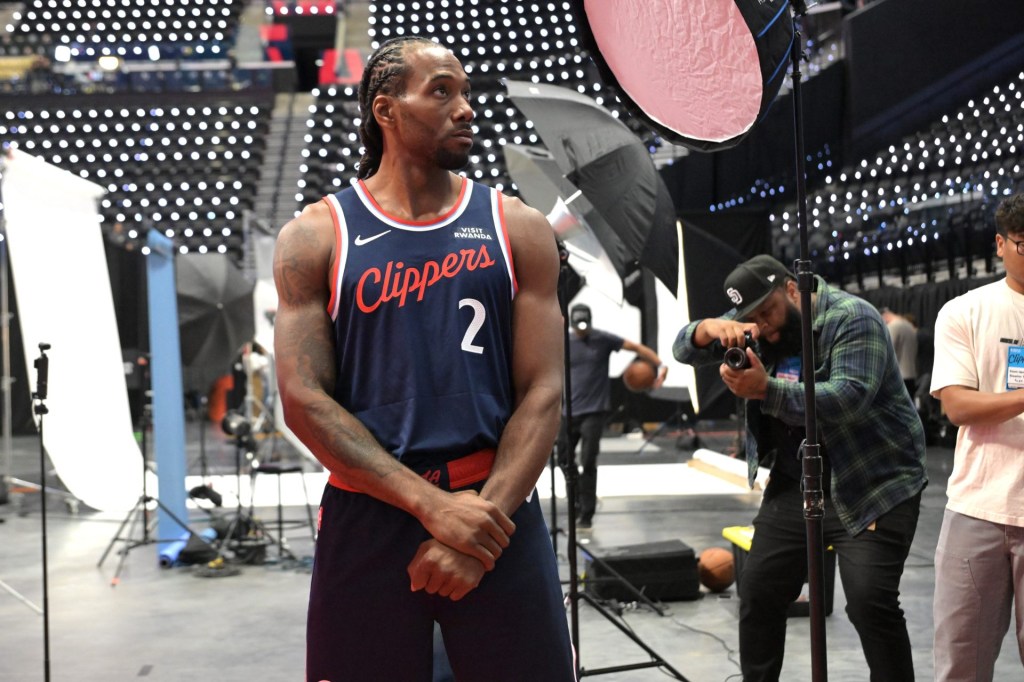
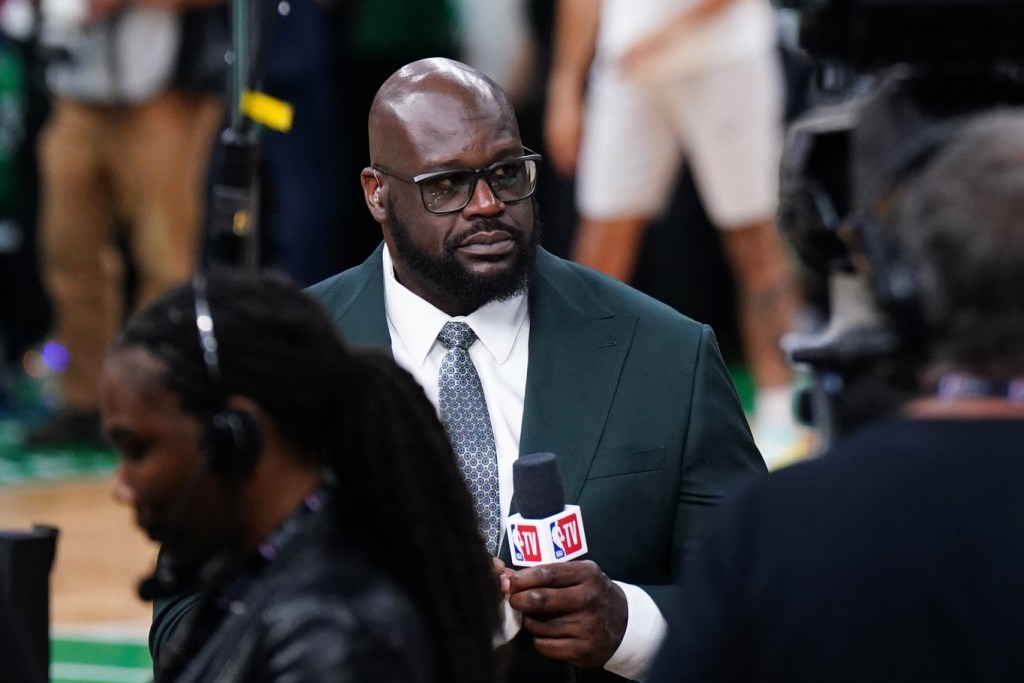
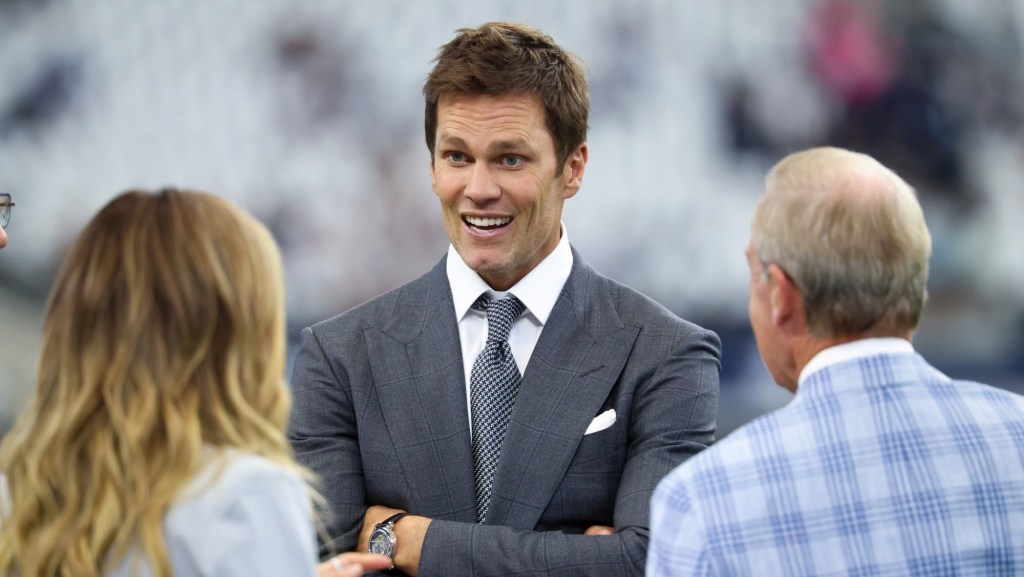
![[Subscription Customers Only] Jun 15, 2025; Seattle, Washington, USA; Botafogo owner John Textor inside the stadium before the match during a group stage match of the 2025 FIFA Club World Cup at Lumen Field.](https://frontofficesports.com/wp-content/uploads/2026/02/USATSI_26465842_168416386_lowres-scaled.jpg?quality=100&w=1024)
![[Subscription Customers Only] Jul 13, 2025; East Rutherford, New Jersey, USA; Chelsea FC midfielder Cole Palmer (10) celebrates winning the final of the 2025 FIFA Club World Cup at MetLife Stadium](https://frontofficesports.com/wp-content/uploads/2026/02/USATSI_26636703-scaled-e1770932227605.jpg?quality=100&w=1024)


